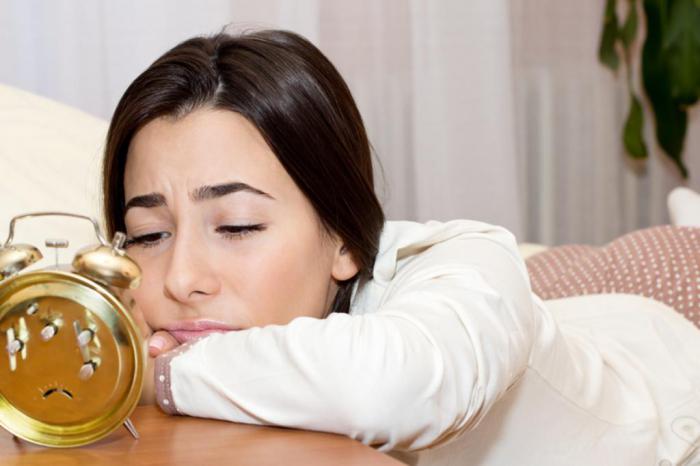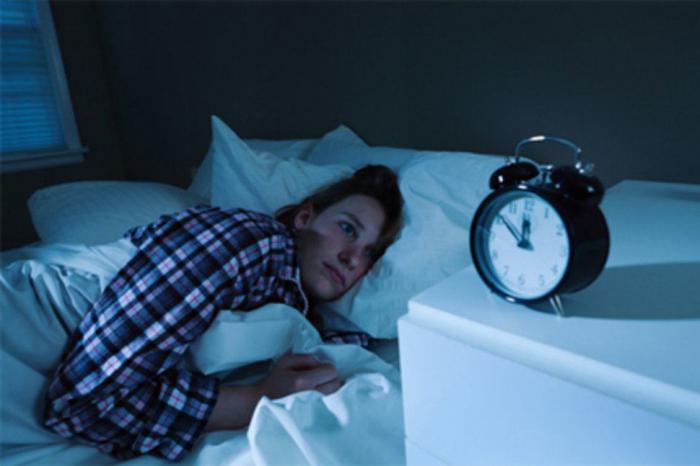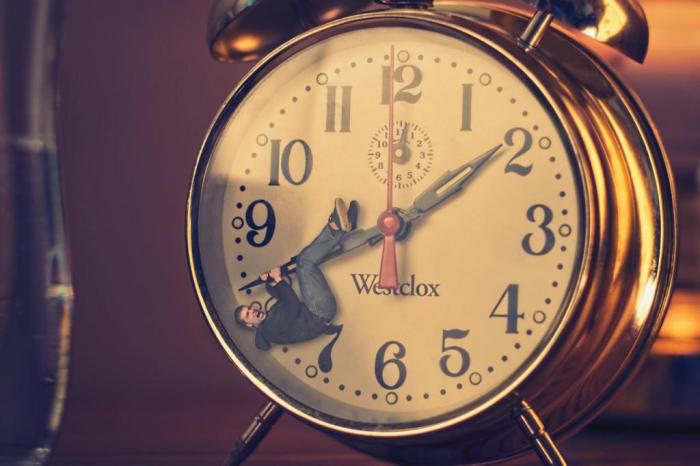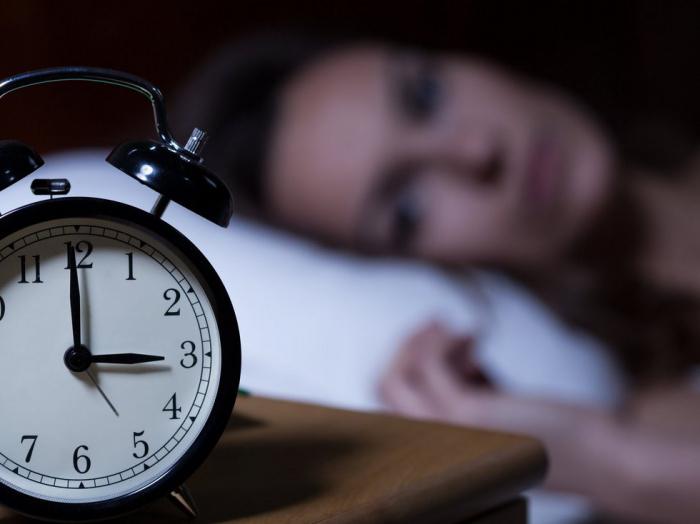Why do you wake up every night at the same time?
Waking up in the middle of the night is not unusual and it happens to everyone from time to time. Is it annoying? Undoubtedly. We all need quality sleep lasting from 7 to 8 hours. But if you open your eyes for no reason at midnight, 2 a.m. or 3 a.m., as a rule, this does not say anything good about your health. However, some people seem to have a tendency to wake up at the same time every night. Coincidence? Maybe. After all, the brain often operates on its own terms, setting up its own strange internal anxiety that is beyond our comprehension.
When we have a set schedule, our brain adapts and reminds us of what needs to be done and when. This is a scientifically proven fact. But when the brain suddenly changes these habits, we need to pay attention. Especially when it comes to the mysterious cycle of sleep and wakefulness.
Chinese medical texts dating back to the 13th century mention circadian rhythms long before Western medicine. The main difference lies in its premises - our internal energy moves to different points of the body at different times during the 24-hour circadian cycle. 
A breakdown in internal energy at any point during the circadian cycle can manifest itself in emotional, mental or physical health problems. This is a potential health issue, as every system within our body must have the ability to repair and regenerate.
In this article, we will focus on the circadian theories proposed by Chinese medicine. So, if you wake up at the same time every night, why is this happening? 
1. Trouble falling asleep between 9 and 11 p.m.
During this two-hour window, the arteries and blood vessels are highly active. Problems with them can indicate many malfunctions in the body. The underlying causes may be problems with the adrenal glands, metabolic function, the immune system, or the thyroid gland. Psychological reasons, such as high stress levels, anxiety, or paranoia, can also prevent you from falling asleep.
To solve this problem, you can try using meditation, deep breathing, or some other type of relaxation exercise. 
2. Wake up between 11pm and 1am
Most people with advanced knowledge of anatomy and physiology (eg, internists) know that the gallbladder is most active at night, especially during this two-hour window. Between 11 pm and 1 am, your gallbladder actively breaks down the extraneous fats you consume during the day.
From a psychological standpoint, intentional feelings towards yourself and others, resentment, and an inability to forgive someone can cause insomnia during this time. 
Solutions include diet, meditation, and the practice of accepting and forgiving both ourselves and others.
3. Waking up between 1 and 3 am
It is during this period that your liver is busy flushing out any harmful toxins from the body, mainly alcohol. Some medications can also make your liver work overtime, making it difficult for you to stay asleep. Diet and eating habits also play an important role.
Some say it correlates with feelings of anger and guilt. When the mind is occupied with guilt or anger, it will be very difficult for you to stay asleep. 
Solutions to the problem include a healthy diet (getting rid of excess fats and simple carbohydrates), reducing alcohol consumption, especially before bed, and, from a psychological point of view, tact.
4. Waking up between 3 and 5 am
At this time, your lungs are busy distributing oxygen to other systems to prepare them for the day ahead. As with the liver, the lungs also work to get rid of accumulated toxins. People with lung disease are susceptible to coughing and hoarseness during this time.
Feelings that may be responsible for awakening include melancholy and sadness. Depressive symptoms may appear during this period. 
Solutions include a healthier diet (eating foods that promote lung health), quitting smoking, and finding a healthy outlet for feelings of grief, sadness, or depression.
5. Waking up between 5 and 7 am
Between 5 a.m. and 7 a.m., the intestines are in cleansing mode. Have you ever wondered why the first thing you do when you wake up is go to the bathroom? The reason lies precisely in this.
In addition, at this time, our mind goes into work mode. Thoughts or feelings about a lack of progress or anxiety about the work day ahead can trigger awakening impulses. 
Make sure you drink plenty of water as this helps with bowel cleansing. Also, get your food priorities in order. As for negative thoughts, practice mindfulness from time to time, this will help alleviate some of your worries.











